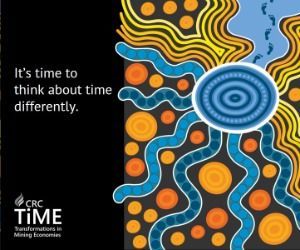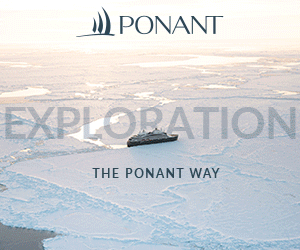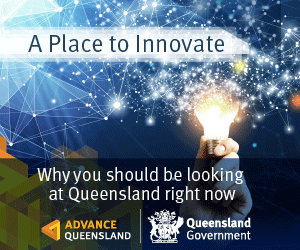1MG FlippingBooks
Energy Transition Q&A with John Wood
The Energy Transition is a matter of great public importance ongoing, and one that rests largely in the hands of a collective of experts across industries spanning renewable energy, oil and gas, and infrastructure, to name a few. John Wood, CEO of revolutionary zinc-based battery technology manufacturing company Gelion, is one voice worth amplifying as the discourse continues.

What surprising science and technology principles and practices has your industry uncovered in recent years?
The pace of renewable energy adoption will be increasingly governed by the ability of energy storage to scale. Battery technology as a method of energy storage is a very exciting area but also very complex. There are many battery materials and many types of electrodes, conversion (chemical reaction), intercalation, plating, and alloying. Effectiveness can be a function of crystallography, ionic flow, catalytic enhancement, or passivation. The permutations are almost infinite and each change to an anode or cathode composition or electrolyte means starting again with safety and performance testing that can take years to complete. This is leading to use of AI, and techniques like digital molecular modelling to zero in on the areas of highest potential before physical science development – not unlike the process of assaying resources carefully underground before baking decisions to extract resources in mining development.
Where and how can these be transferred to other nationally important challenges?
As resources become more scarce and technological challenges more difficult, a nation’s general core competitive advantage lies in its leaders’ ability to distil clarity from complexity. The deep technology challenges associated with the clean technology movement to electrify everything are a leading training ground for the development of global leadership skills.
What barriers are preventing Australia from becoming a world clean energy powerhouse?
Willingness to commit strong investment to our own technologies. We apply technology to mining. We think about enhanced refinement (but instead ship raw materials to O/S refineries). We publish leading research. But we are reluctant to use our highly developed leadership skills to commercialise value beyond mining. We need strong, deliberate investment in the extraction of value from both complex resource deposits and complex technology challenges – where, academically, Australia has strong global relevance.
Why should Australians be excited about the future of energy in this country?
We are strong in terms of deposits of the resources and metals most needed to electrify everything. We are strong academically in key technological areas. We have strong capital availability and a talented workforce. We need to just be bold and confident in taking on higher-value-add product development, production, and commercialisation.
There’s risk with every major enterprise as well as reward. Tell us your view on the risk-reward balance dynamics of Australia’s energy transition.
The energy transition entails a shift from an energy world in which the vast majority of the value (price) of unit energy came from extraction of the raw resource with a modest contribution from refinement to one where the raw resource is a minority component with technology and materials refinement forming the bulk. The simple hard lesson in this for Australia is that we must invest in refinement and technology or face the fact that energy will shift from a constant huge positive contributor of payments to a deep negative.
How can we manage the sheer complexity of Australia’s energy transition implementation – particularly as clean energy luminaries like Prof Robin Batterham AO say the required effort is comparable to the “Marshall Plan” reconstruction of post-World War II Europe?
Simple. A mixture of “one foot after the other” thinking and audacious leadership. Most importantly, we must keep our eyes squarely on the horizon to avoid dependencies and to ensure global relevance for our contribution, even as our resource production is globally relevant today. We must invest in adding value and leadership in technology through expanding the skills refined in our mining leadership of distilling clarity from complexity.










